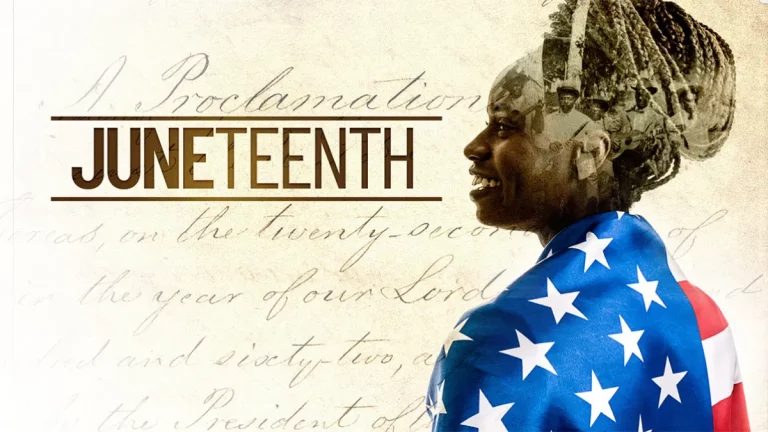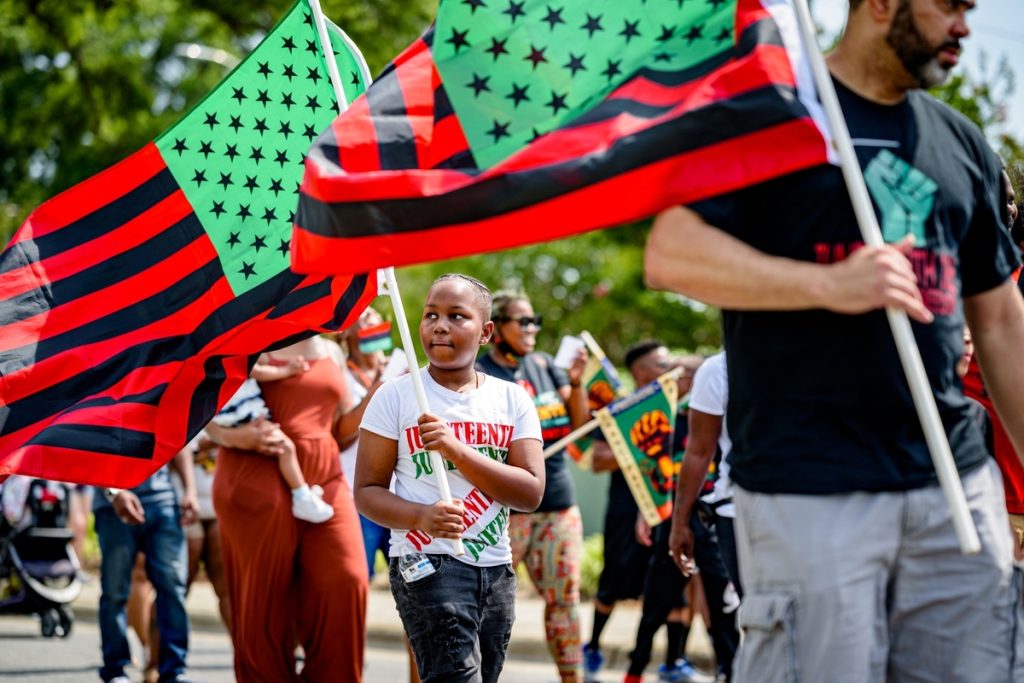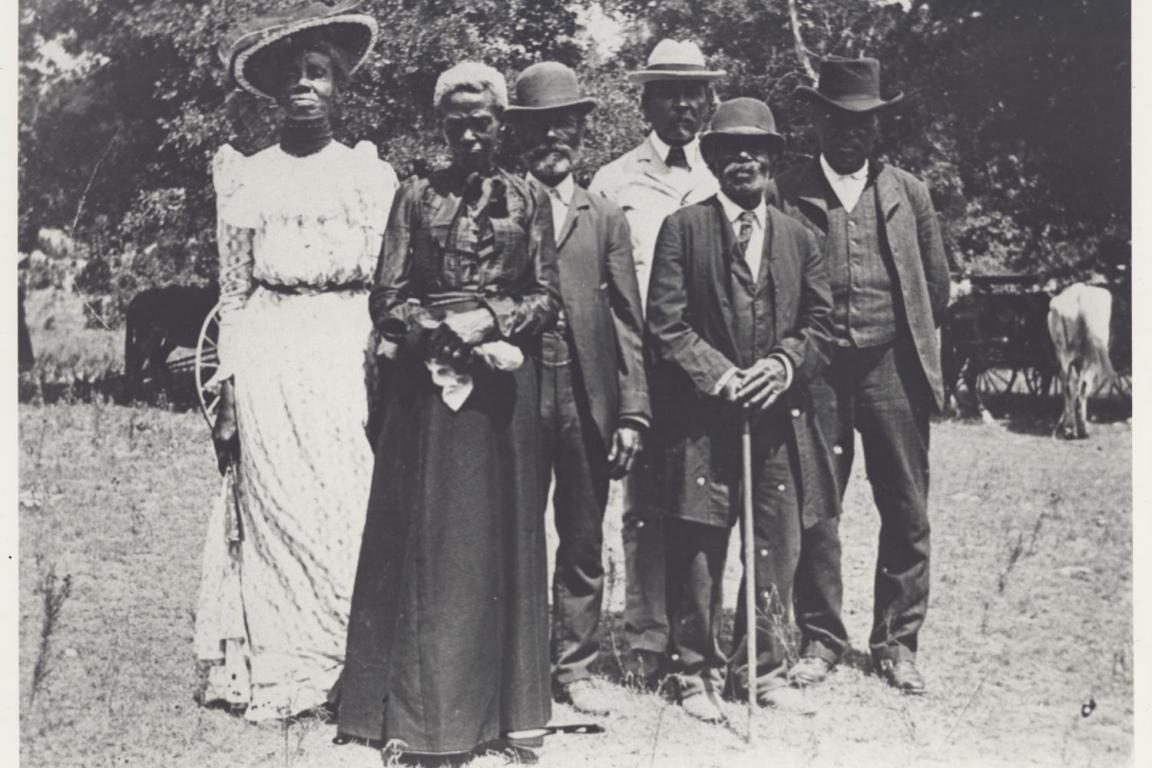
Also known as Freedom Day, Juneteenth celebrates the emancipation of those who had been enslaved in the United States by commemorating the day in 1865 when Union soldiers informed enslaved African Americans of their freedom.
Washington, D.C. Wednesday, June 19, marks the third anniversary of Juneteenth being recognized as a federal holiday in the United States.
Its establishment in 2021 came in response to the nationwide outcry sparked by the deaths of George Floyd, Breonna Taylor, Rayshard Brooks and other African Americans whose deaths were ruled as racially motivated.
In 2020, their deaths sparked nationwide protests in which millions brandished Black Lives Matter signs to denounce what many Americans describe as entrenched racism.In response to this mobilization, President Joe Biden signed a bill on June 19, 2021, creating the holiday and leveraging it as a catalyst for addressing police brutality and racial injustice in the United States.

How did Juneteenth come about?
Despite the Emancipation Proclamation of 1863 – which theoretically freed African Americans but applied only to Confederate states – slavery continued until after the end of the Civil War in 1865. At that time, approximately 250,000 African Americans were still enslaved in Texas.
Slavery persisted in border states including Delaware and Kentucky until December 1865, when the 13th Amendment was ratified, officially abolishing slavery.
Juneteenth’s journey to recognition as a U.S. holiday for African Americans started with racial tensions during the late 1960s.
In 1979, state Representative Al Edwards of Texas established Juneteenth USA, an organization whose sole purpose was raising awareness about Juneteenth and advocating for its recognition as a state holiday.

“My father always thought that the freedom of our ancestors should be celebrated and marked by a holiday at a state level,” his son, Jason Edwards, told VOA.
For 40 years, Representative Edwards, alongside the National Black Caucus of State Legislators, worked with lawmakers nationwide to establish Juneteenth as a state holiday. By 2014, 45 states had passed legislation recognizing it.
In 2017, 89-year-old activist Opal Lee, who’d campaigned vigorously to see Juneteenth recognized as a national holiday for decades, walked 1,400 miles from Fort Worth, Texas, to Washington, D.C., to garner support from Congress.
U.S. Representative Sheila Jackson Lee, a supporter of Edwards’ initiative, introduced the bill to Congress 12 times over 22 years before it was finally signed into law. Reflecting on this achievement, Jason Edwards expressed pride in seeing his father’s dream become a reality.
On Monday at the White House, Biden and Vice President Kamala Harris honored Edwards, who died in 2020, for his 40-year initiative to have Juneteenth recognized as both a state and federal holiday.

How do people celebrate Juneteenth?
Today, people celebrate Juneteenth by honoring African American history and culture. Festivities include civil rights activism, readings on African American history, festivals, musical performances and supporting Black-owned businesses. Edwards emphasized the importance of acknowledging the pain associated with the holiday while celebrating the resilience of African American ancestors.
Stephan Nziengui, who emigrated from Gabon to Parkville, Maryland, told VOA that he plans to celebrate Juneteenth, recognizing its significance as a symbol of freedom for his ancestors. He intends to visit Washington with his family to learn about the oppression his ancestors faced and ongoing struggles against racism today.
What should we remember on Juneteenth?
On Juneteenth, many reflect on sacrifices made by those who fought for freedom and equality. Kentucky Governor Andy Beshear described it as a day “when we honor the strength and courage of African Americans and the contributions they have made and continue to make for our country.”
What is Juneteenth and How are People Marking the Day? (June 15, 2024; republished June 18, 2025)